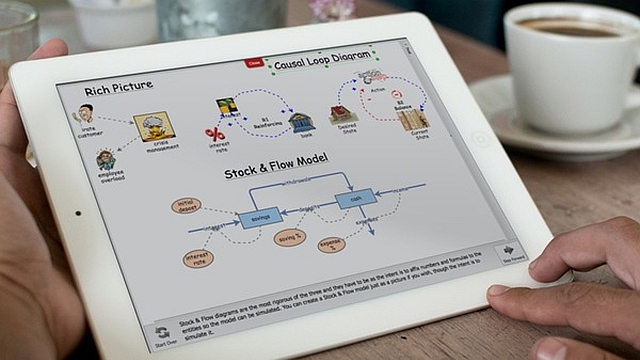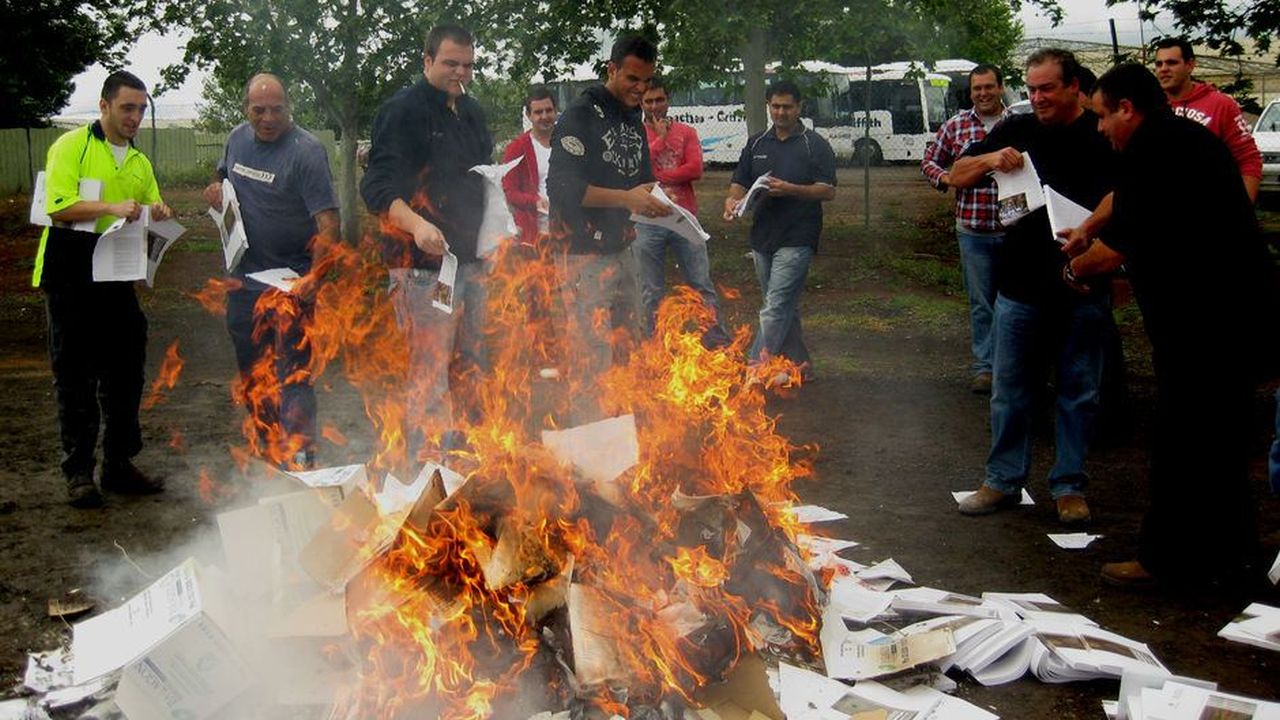
Exploring the science of complexity series (part 6): Background – The RAPID programme and the focus on change
This article is part 6 of a series of articles featuring the ODI Working Paper Exploring the science of complexity: Ideas and implications for development and humanitarian efforts.
While we hope that this [series] … will prove relevant for international development and humanitarian efforts generally, we have given special attention to the themes that have shaped the work of the Research and Policy in Development (RAPID) group at ODI. These themes are: the role of evidence in policy processes; communications; knowledge management and organisational learning; capacity building; and networks. A better understanding of the dynamics of social and organisational change is at the heart of our work in each of these areas.
Typical questions we try to address in RAPID include:
- Why do some research and ideas get taken up and utilised in policy processes, whereas others never gain any time in the limelight?
- Why are communications activities in some contexts successful in informing and building shared understanding, while identical activities elsewhere have no effect?
- Why do some organisations successfully learn and adapt to environmental constraints and opportunities, whereas others implode or fade away?
- Why is capacity building so hard to achieve in practice?
- Why are some networks successful over many years, whereas others fail to take off?
RAPID has worked hard to further understanding in these areas of work, through efforts to deepen awareness of what works in practice, to explore new and innovative ways to apply this awareness, and to undertake action and theoretical research across a wide range of circumstances.
From the start of our programme in 1999, complexity science appeared to carry potential, both as a means of generating more insights about our ongoing work on change processes, and as a means for providing an underlying theoretical framework for our thinking in our diverse areas of interest, helping to bring them together in a more effective and coherent manner.
This [series] … is our first attempt to investigate this potential systematically. We see this as part of an ongoing intellectual and practical effort to understand and apply complexity approaches in our work, one which has already generated much interest and energy from those focusing in different areas of the aid endeavour.
Next part (part 7): Origins of complexity sciences.
Article source: Ramalingam, B., Jones, H., Reba, T., & Young, J. (2008). Exploring the science of complexity: Ideas and implications for development and humanitarian efforts (Vol. 285). London: ODI. (https://www.odi.org/publications/583-exploring-science-complexity-ideas-and-implications-development-and-humanitarian-efforts). Republished under CC BY-NC-ND 4.0 in accordance with the Terms and conditions of the ODI website.
Header image source: qimono on Pixabay, Public Domain.






